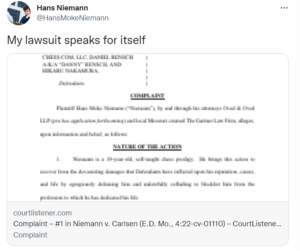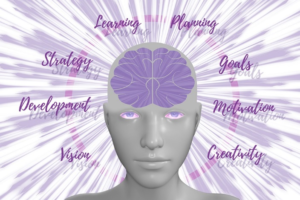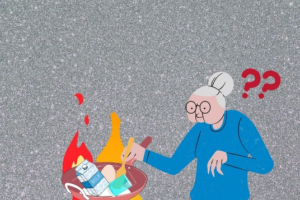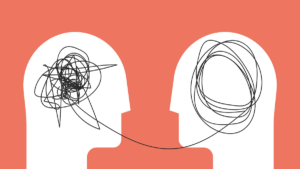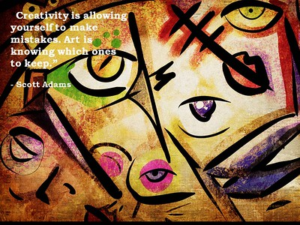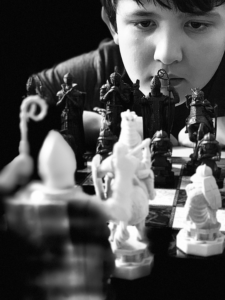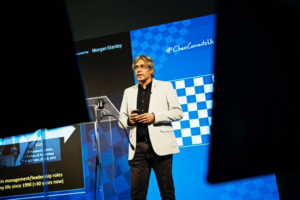We have all had the guilty pleasure of enjoying some drama around us, but when it comes to the sports and entertainment industry, it does blow us all up with the varying degrees and intensity of the information coming from all the sources around the world that overwhelm our thinking capacity to differentiate between the right and the wrong.
One such case has been recently blowing up the chess industry involving the World Champion himself! This article covers all the developments in the Carlsen-Hans controversy so far.
It all began with a cryptic tweet from Magnus sharing a video of Jose Mourinho, as he announced his withdrawal from the Sinquefield Cup. This controversial tweet raised the eyebrows of many as Magnus insinuated the US Grandmaster of cheating in the game he won against Magnus in the tournament. While many chess players and who’s who from the industry had their viewpoints on this, GM Hikaru Nakamura and the famous online chess platform Chess.com were quick to prey on Hans Niemann with their allegations of the latter cheating at various events and platforms.
 Source: Magnus Carlsen Twitter
Source: Magnus Carlsen Twitter
Hikaru has since then been insinuating that the young GM had used unfair means and post-Hans’ interview, he made remarks on some of the statements that Hans gave on different variations he played in his game against Magnus with black pieces! Hikaru pointed out on what he thought were a few inconsistencies.
YouTube Videos posted by Hikaru on his channel
Hans felt under attack by many of the top players and the internet weighed in as well, with divided opinions and crazy conspiracy theories!
However, Hans came out and addressed these insinuations in a post-game interview with Alejandro Ramirez in St.Louis. In his interview, he admitted to cheating in online games at the age of 12 and 16 respectively, and cleared the air of not having cheated in any of the OTB chess tournaments.
The Sinquefield organizers responded with additional fair-play measures including a broadcast delay of 15 minutes, and the organizers came out with a statement by the chief arbiter ruling out any incidents of fair-play violation. However, the whole controversy was sufficient to even attract the attention of Elon Musk!
 Source: Elon Musk Twitter
Source: Elon Musk Twitter
Following this event, Chess.com removed Hans Niemann from Chess.com Global Chess Championship as well which infuriated Hans as he called this move “ridiculous” and under the influence of top players like Magnus and Hikaru.
However, this was just the beginning of a #ChessDrama. Two weeks after this incident, Magnus and Niemann faced each other in the Julius Baer Generations Cup. To everyone’s shock, Magnus resigned on the second move against Hans and stirred up the controversy. This also raised certain criticisms of the world champion for not providing proof or clear statements for his recent actions. This also led FIDE to break its silence on the ongoing polemic as it released an official statement on social media.

Days after this, Magnus put up a tweet with his statements and beliefs regarding the statements he made against Niemann, and prompted FIDE to initiate a probe on the same. FIDE has chaired a three-member panel to investigate this.
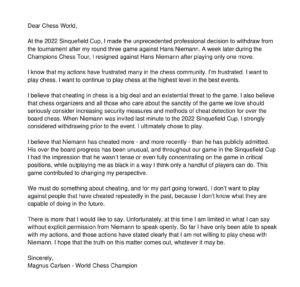
Source: FIDE Twitter
Online chess platform Chess.com, on 4th October, released its detailed 72-page report on Hans Niemann and the events he has been suspected of cheating on the online platform. This report was covered in the notable “The Wall Street Journal”. It mentioned Hans’s performance being “statistically extraordinary” as his rating shot up in the most fast-pacing manner.
Source: The Wall Street Journal
With all these speculations, reports, pieces of evidence, and theories surfacing on the internet, it is to be noted that this case has led to Hans losing out on event invitations, cancelation of major upcoming events and games involving Hans, and him losing opportunities to get jobs at reputed places which led young Hans Niemann of filing a defamation lawsuit worth 400 MILLION USD against Magnus Carlsen, Hikaru Nakamura, Chess.com, Daniel Rensch and Play Magnus Group.
 Source: Hans Niemann Twitter
Source: Hans Niemann Twitter
While there is a lot more in store for this case with investigations, reports, lawyers and much more to get involved, there are chances of things taking up an ugly turn and rollercoaster rides!
By: Vidhi Karelia

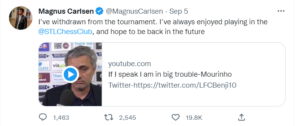
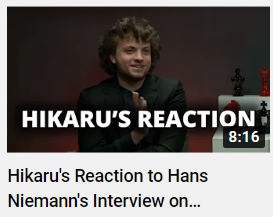

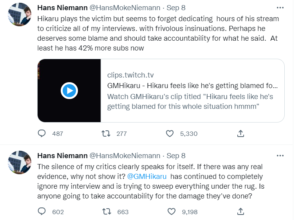
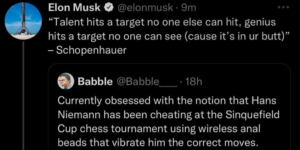
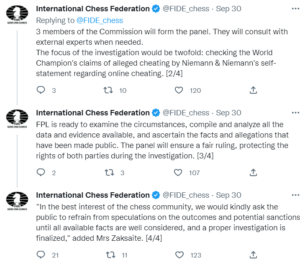
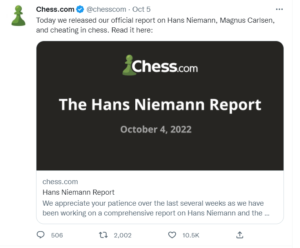
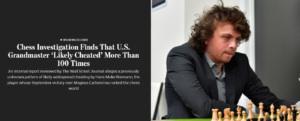 Source: Hans Niemann Twitter
Source: Hans Niemann Twitter